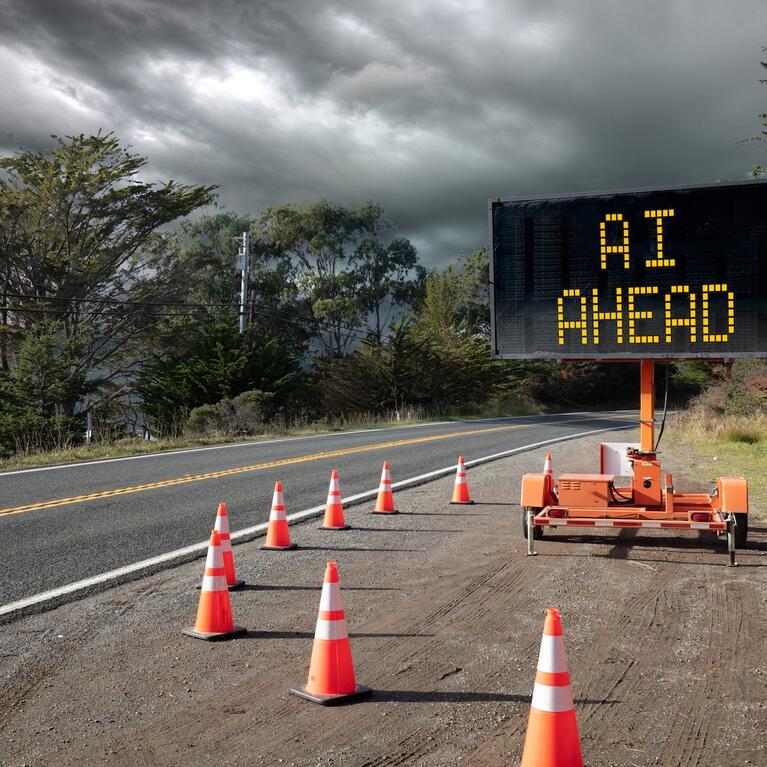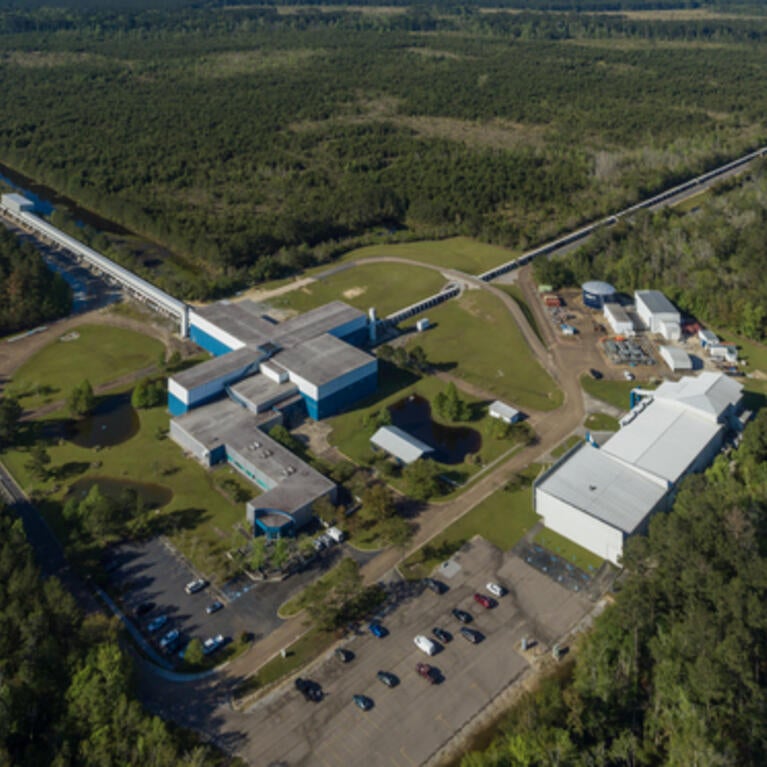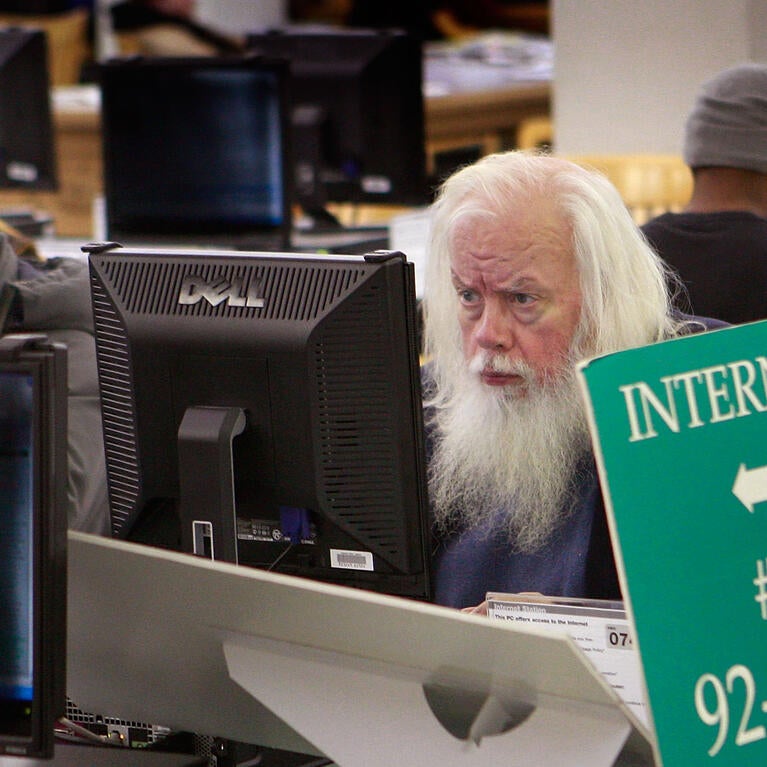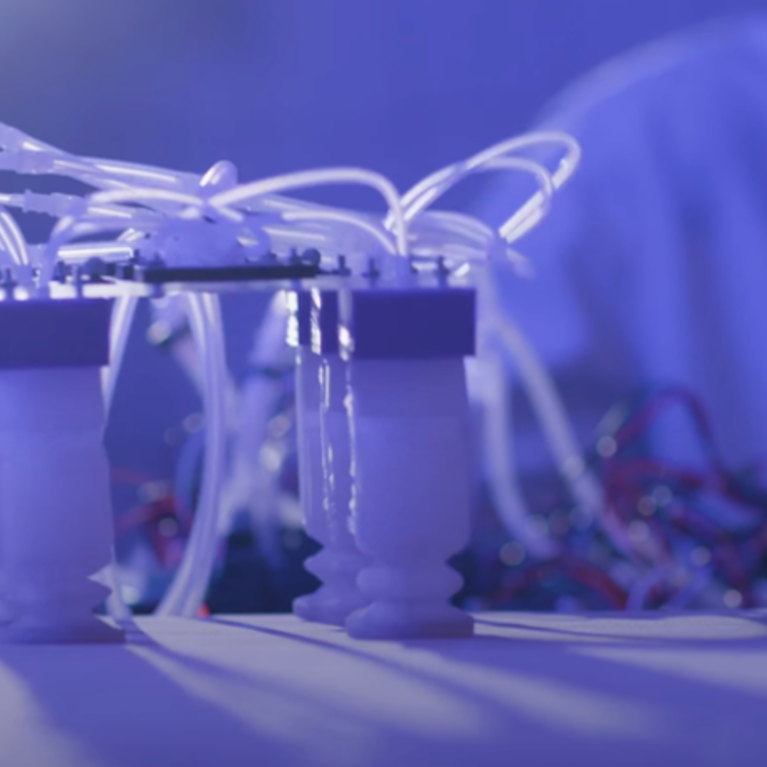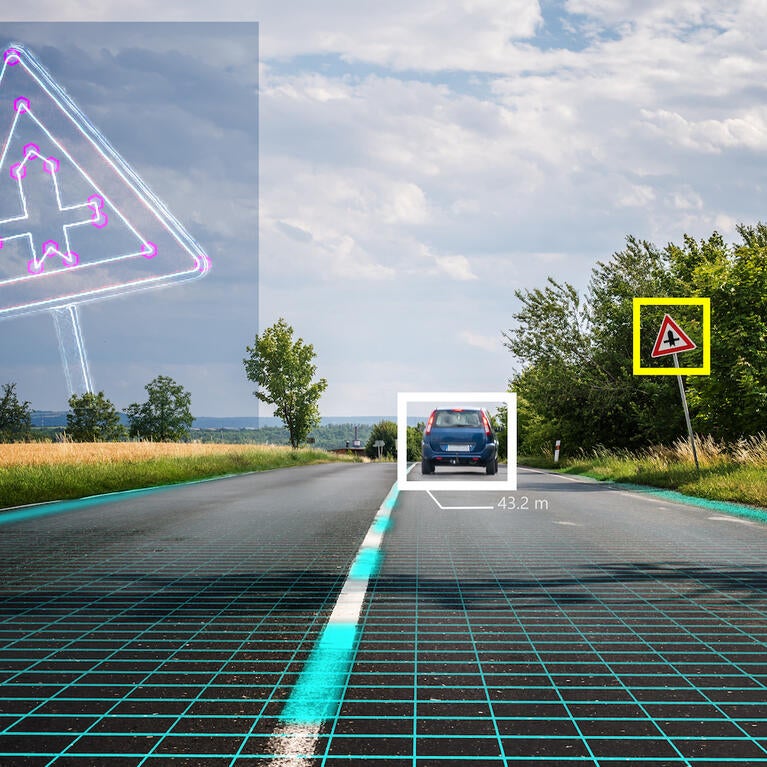
Protecting computer vision from adversarial attacks
UC Riverside engineers are developing methods to keep self-driving cars and autonomous drones from being hacked
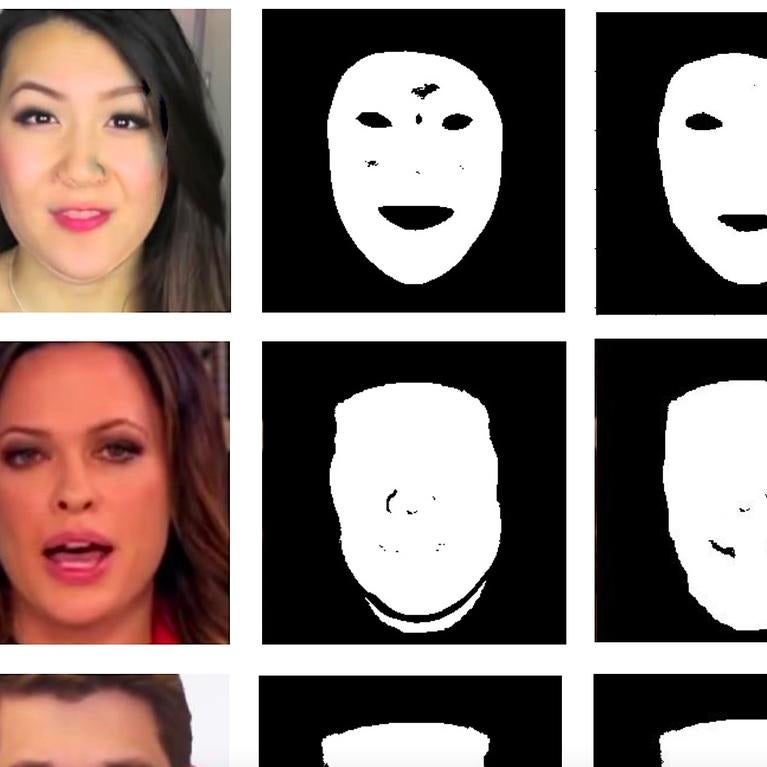
New method detects deepfake videos with up to 99% accuracy
Two-pronged technique detects manipulated facial expressions and identity swaps

Like peanut butter? This algorithm has a hunch as to what you'll buy next
A new technique can incorporate customer behavior into recommendation algorithms

Wildfire dataset could help firefighters save lives and property
WildfireDB contains over 17 million data points that capture how fires have spread in the contiguous United States over the last decade

Botnet buster finds IoT command and control centers
Tool fools malware twice and can trick it into revealing itself
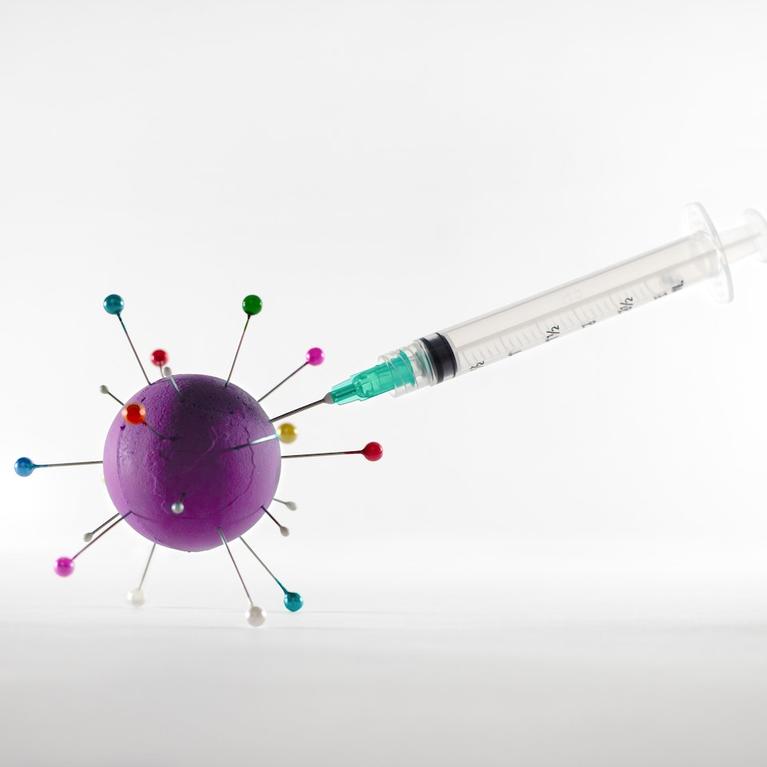
Scientists are using AI originally developed for producing deepfake videos to stop future pandemics
Generative adversarial networks are being used to predict the structure of antibodies that could neutralize a previously unknown virus
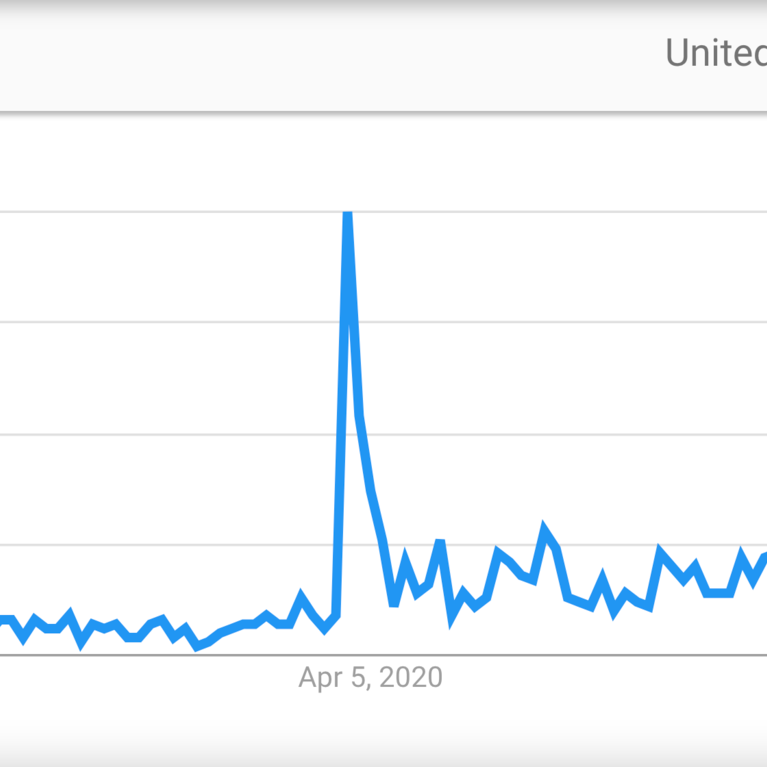
Data mining tools combat COVID-19 misinformation and identify symptoms
Computer scientists use Google Trends and a government dataset to track symptoms and sift through misinformation
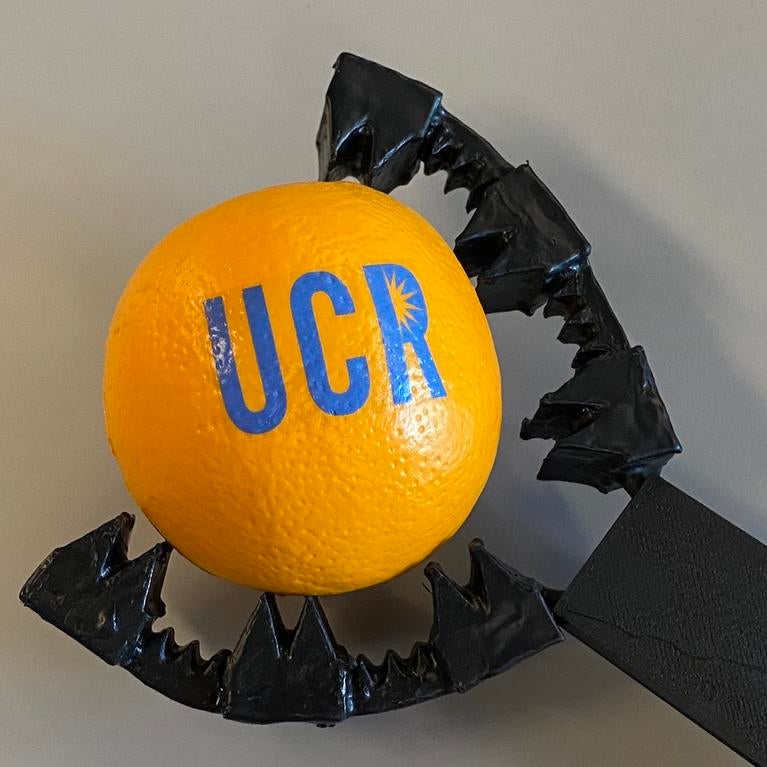
Air-powered computer memory helps soft robot control movements
“Airhead” robot uses pneumatic RAM to play piano

Chatbots for dementia patients and caregivers need more work
Systematic review of apps finds need for evidence-based chatbots that have undergone end user evaluation
